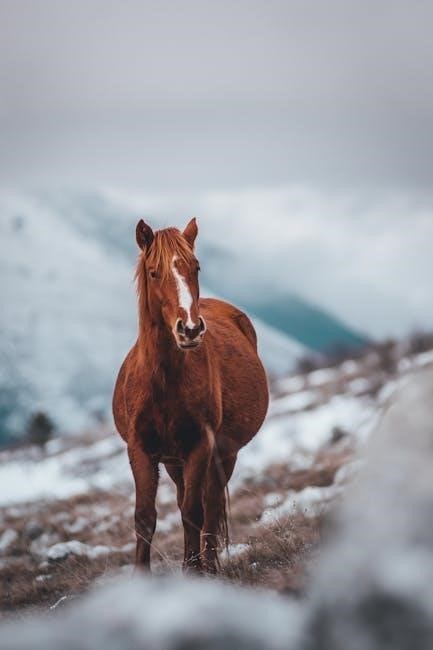Animal Farm: A Critical Analysis
George Orwell’s Animal Farm stands as a significant piece of literature, offering a profound exploration of power, corruption, and social inequality․ Through its allegorical representation of the Russian Revolution, the novel serves as a critique of totalitarian regimes and the manipulation of propaganda․ The enduring relevance of Animal Farm lies in its ability to resonate across generations, prompting critical reflection․
George Orwell’s Animal Farm, published in 1945, is more than a simple tale; it is a powerful allegory of the Russian Revolution and the subsequent Stalinist era․ Set on Manor Farm, the story unfolds as the animals, inspired by the dream of equality and freedom, overthrow their human oppressor, Mr․ Jones․ This initial act of rebellion sparks the creation of a new society founded on the principles of Animalism, a philosophy intended to ensure fairness and justice for all creatures on the farm․
However, the utopian vision soon begins to crumble as the pigs, led by the cunning Napoleon, gradually seize control․ Through manipulation, propaganda, and outright violence, Napoleon establishes a totalitarian regime, mirroring the oppressive rule of Joseph Stalin in the Soviet Union․ The other animals, initially hopeful for a better life, find themselves subjected to even harsher conditions than before, their dreams of equality shattered by the pigs’ insatiable lust for power․ Animal Farm serves as a stark warning against the dangers of unchecked authority and the corruption that can arise from revolutionary ideals․
Animal Farm as Political Allegory
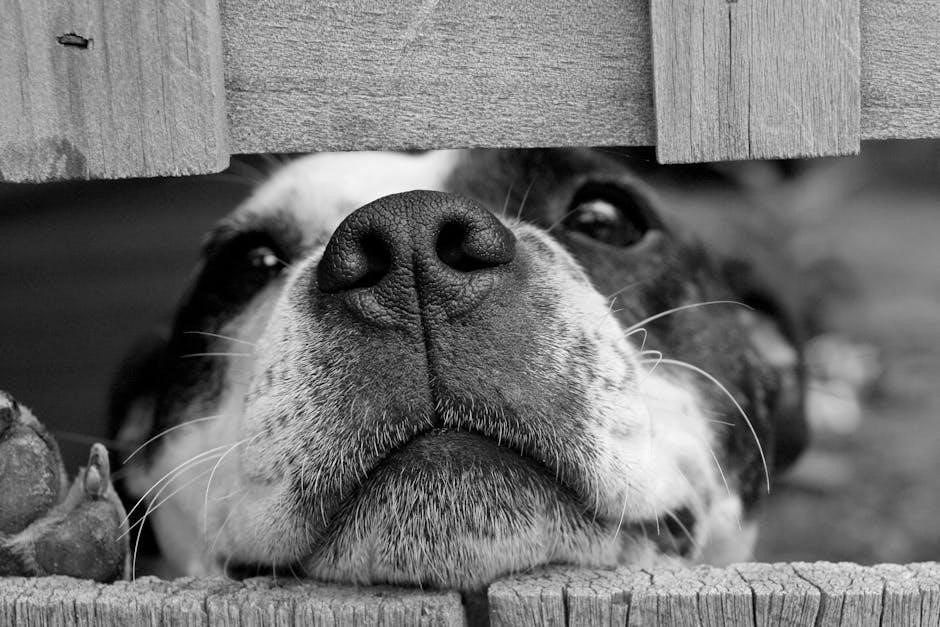
Animal Farm functions as a profound political allegory, meticulously crafted to mirror the events and figures of the Russian Revolution․ Orwell employs animal characters to represent key players in the revolution, offering a satirical critique of their actions and motivations․ The farm itself symbolizes Russia, while Mr․ Jones embodies the overthrown Tsar Nicholas II, whose inept rule paved the way for revolution․ Old Major, the wise pig who inspires the rebellion, represents Karl Marx, the father of communism, whose ideas fueled the revolutionary fervor․

As the story progresses, each animal’s actions and interactions reflect the political maneuverings and power struggles that defined the Soviet Union․ Napoleon’s rise to power mirrors Joseph Stalin’s consolidation of authority, while Snowball’s expulsion from the farm parallels Leon Trotsky’s exile․ The pigs’ manipulation of language and propaganda mirrors the Soviet regime’s control over information, highlighting the dangers of censorship and the distortion of truth․ Through this intricate allegorical framework, Orwell exposes the betrayal of revolutionary ideals and the descent into totalitarianism․
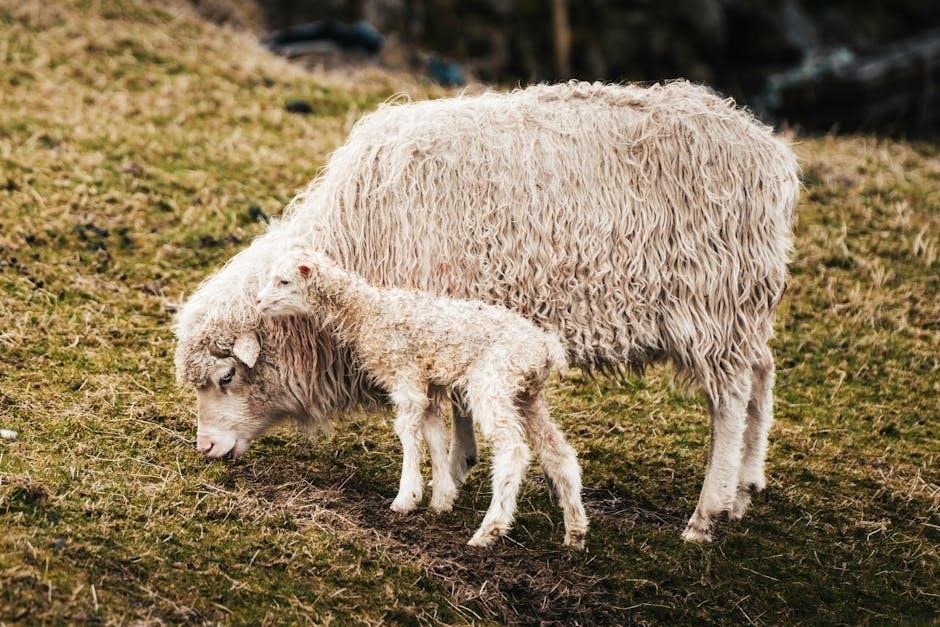
The Russian Revolution and Animal Farm
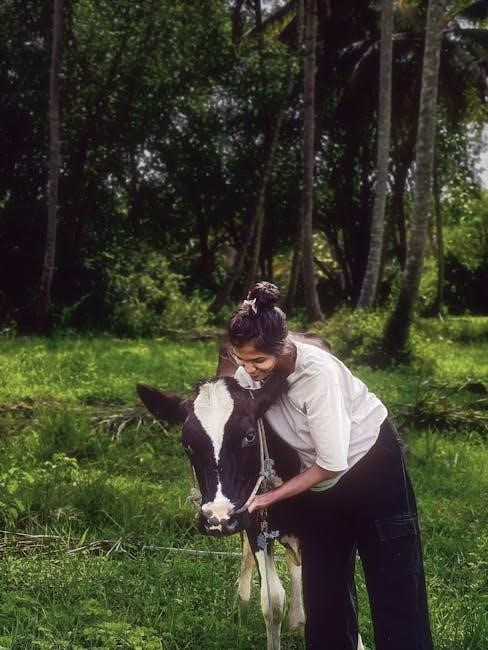
Animal Farm serves as a compelling allegory for the Russian Revolution, drawing clear parallels between the events on the farm and the historical upheaval in Russia․ The initial rebellion of the animals against Mr․ Jones mirrors the overthrow of Tsar Nicholas II, signaling the end of autocratic rule․ The animals’ aspirations for a utopian society, free from human oppression, reflect the initial hopes of the Russian people for a more equitable and just society under communism․
However, as the pigs gradually seize control of the farm, the revolution takes a dark turn, mirroring the corruption and authoritarianism that plagued the Soviet Union under Stalin․ Napoleon’s rise to power and his ruthless suppression of dissent echo Stalin’s consolidation of authority and the purges of political opponents․ The manipulation of language and propaganda on the farm parallels the Soviet regime’s control over information, highlighting the dangers of ideological distortion and the suppression of truth․ Ultimately, Animal Farm serves as a cautionary tale about the betrayal of revolutionary ideals and the descent into totalitarianism, mirroring the tragic trajectory of the Russian Revolution․
Key Characters and Their Real-World Counterparts
George Orwell masterfully employs animal characters in Animal Farm to represent key figures and ideologies from the Russian Revolution, creating a powerful and accessible allegory․ Each character embodies specific traits and roles that mirror their historical counterparts, offering a satirical commentary on the events and personalities of the revolution․
Old Major, the wise and respected boar, serves as an allegorical representation of Karl Marx, the father of communism․ His vision of a society free from human oppression inspires the animals to revolt, mirroring Marx’s theories on class struggle and the overthrow of capitalism․ Napoleon, the ambitious and ruthless pig, embodies Joseph Stalin, the dictator who seized control of the Soviet Union after Lenin’s death․ His manipulative tactics, purges, and consolidation of power closely resemble Stalin’s actions in Soviet Russia․ Snowball, the idealistic and innovative pig, represents Leon Trotsky, a key figure in the Russian Revolution who was later exiled and assassinated by Stalin’s regime․ His commitment to spreading the revolution and improving the lives of the animals contrasts sharply with Napoleon’s self-serving agenda․ Through these carefully crafted characters, Orwell provides a nuanced critique of the Russian Revolution and its key players, highlighting the dangers of unchecked power and the betrayal of revolutionary ideals․
Old Major: Karl Marx
In George Orwell’s allegorical masterpiece, Animal Farm, Old Major serves as a compelling representation of Karl Marx, the philosophical father of communism․ Like Marx, Old Major is the visionary who plants the seeds of revolution within the animal community․ His powerful speech, delivered with passionate conviction, outlines the principles of Animalism, a parallel to Marxist ideology․ Old Major’s teachings emphasize the inherent injustice of a system where animals are exploited for the benefit of humans, mirroring Marx’s critique of capitalism and its inherent inequalities․
Old Major’s dream of a utopian society, where all animals are equal and free from oppression, echoes Marx’s vision of a communist society devoid of class distinctions and exploitation․ The song “Beasts of England,” inspired by Old Major’s teachings, acts as a revolutionary anthem, igniting the animals’ desire for change and a better future․ Although Old Major dies early in the story, his ideas continue to inspire the animals, fueling their rebellion against Mr․ Jones and laying the foundation for their attempt to establish a new social order․ Through Old Major, Orwell effectively captures the essence of Marx’s revolutionary ideas and their profound impact on the course of history, illustrating the enduring power of ideology to inspire social change․
Napoleon: Joseph Stalin
Napoleon, the formidable pig in George Orwell’s Animal Farm, stands as a chilling allegory for Joseph Stalin, the ruthless dictator of the Soviet Union․ From the outset, Napoleon is depicted as a cunning and ambitious character, driven by an insatiable hunger for power․ Through manipulation and brute force, he gradually consolidates his control over the farm, mirroring Stalin’s rise to absolute authority within the Communist Party․
Napoleon’s use of propaganda and fear to control the other animals reflects Stalin’s tactics of suppressing dissent and maintaining his grip on power․ The pigs’ constant rewriting of history and their manipulation of information serve as a stark reminder of Stalin’s efforts to control the narrative and create a cult of personality around himself․ Like Stalin, Napoleon eliminates his rivals, most notably Snowball, through treachery and violence, ensuring his unchallenged dominance over the farm․ The transformation of Animal Farm from a utopian ideal into a totalitarian state under Napoleon’s rule serves as a powerful indictment of Stalinism and its devastating consequences; Through Napoleon, Orwell exposes the dangers of unchecked power and the betrayal of revolutionary ideals in the pursuit of personal gain․
Snowball: Leon Trotsky
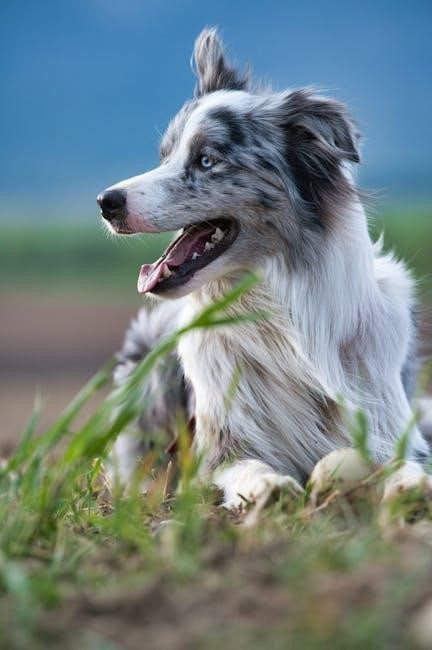
Snowball, the idealistic and intellectual pig in George Orwell’s Animal Farm, embodies the character of Leon Trotsky, a prominent figure in the Russian Revolution․ Like Trotsky, Snowball is portrayed as a passionate advocate for progress and innovation, envisioning a better future for all the animals on the farm․ He champions the construction of the windmill, symbolizing technological advancement and collective effort, mirroring Trotsky’s belief in modernization and industrialization․
However, Snowball’s progressive ideas and commitment to equality make him a target for Napoleon, who represents Joseph Stalin․ Through cunning and manipulation, Napoleon orchestrates Snowball’s expulsion from the farm, mirroring Trotsky’s exile from the Soviet Union․ After his banishment, Snowball becomes a scapegoat, blamed for all the farm’s misfortunes, just as Trotsky was demonized by Stalin’s regime․ Despite his absence, Snowball’s ideas continue to inspire some of the animals, representing the enduring appeal of Trotsky’s revolutionary ideals․ Orwell uses Snowball to illustrate the tragic fate of those who advocate for genuine change and challenge the status quo in the face of authoritarianism․
Themes in Animal Farm
Animal Farm by George Orwell delves into several profound themes, each serving as a critical commentary on society and human nature․ One of the most prominent themes is the corrupting influence of power․ As the pigs gain control of the farm, they gradually succumb to their own self-interest, exploiting the other animals and distorting the original principles of Animalism․ This illustrates how power can erode even the noblest intentions․
Another key theme is the use of propaganda and manipulation to control the masses․ The pigs, particularly Squealer, skillfully employ rhetoric, misinformation, and fear tactics to maintain their dominance and suppress dissent․ This highlights the dangers of unchecked authority and the importance of critical thinking․ Social inequality is also a central theme, as the pigs create a hierarchical society where they enjoy privileges while the other animals endure hardship․ This underscores the inherent injustices that can arise in any system where power is concentrated in the hands of a few․ Finally, the novel explores the downfall of utopia, demonstrating how idealistic visions can be betrayed by corruption and self-serving interests, leading to disillusionment and oppression․
Power and Corruption
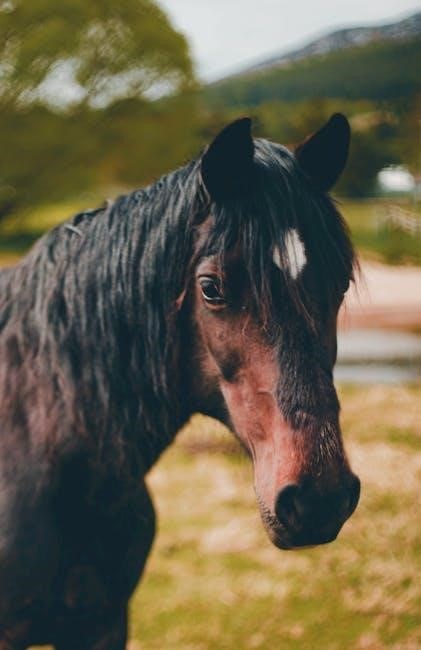
In George Orwell’s Animal Farm, the theme of power and corruption is central to the novel’s allegorical critique of totalitarian regimes․ Initially, the animals overthrow Mr․ Jones with the intention of creating an egalitarian society, free from human oppression․ However, as the pigs, led by Napoleon, gradually consolidate their control, they succumb to the allure of power, mirroring the corruption seen in historical revolutions․
The pigs’ manipulation of language and propaganda allows them to rewrite history and control the narrative, justifying their increasingly authoritarian actions․ They exploit the other animals’ naivety and lack of education, ensuring their own dominance․ The accumulation of power leads to the pigs’ moral decay, as they adopt human vices such as sleeping in beds, drinking alcohol, and engaging in trade with neighboring farms․ This transformation underscores the novel’s warning about the dangers of unchecked authority and the ease with which revolutionary ideals can be perverted by those seeking personal gain․ The pigs’ ultimate betrayal of the revolution highlights the cyclical nature of power and its potential to corrupt even the most idealistic leaders․
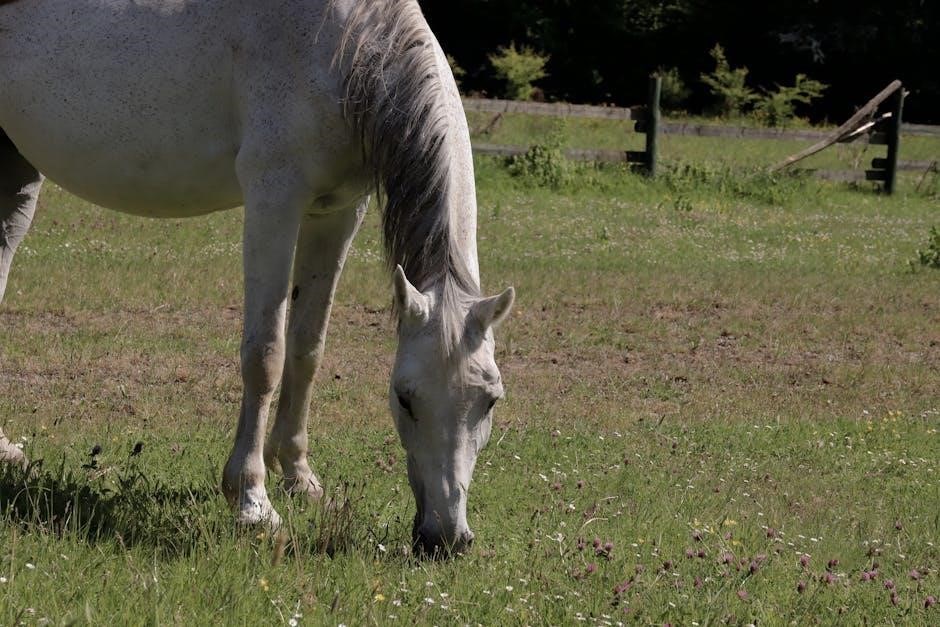
Propaganda and Control
Animal Farm masterfully illustrates how propaganda and control are wielded to manipulate and dominate a population․ The pigs, particularly Squealer, employ various propaganda techniques to maintain their grip on power․ Slogans, songs, and the constant rewriting of history serve to distort reality and suppress dissent among the animals․ The ever-changing commandments of Animalism are a prime example, conveniently altered to justify the pigs’ actions and maintain their superior status․
Fear is also a key tool used for control․ The threat of Mr․ Jones’s return and the scapegoating of Snowball create an atmosphere of paranoia and obedience․ The pigs’ control over information prevents the other animals from questioning their leadership, as they are kept ignorant of the true state of affairs․ Through these methods, the pigs establish a totalitarian regime where independent thought is stifled, and the animals are reduced to unquestioning followers․ Orwell’s depiction of propaganda and control serves as a chilling reminder of how easily truth can be manipulated and freedom suppressed in the hands of those seeking absolute power․
Social Inequality
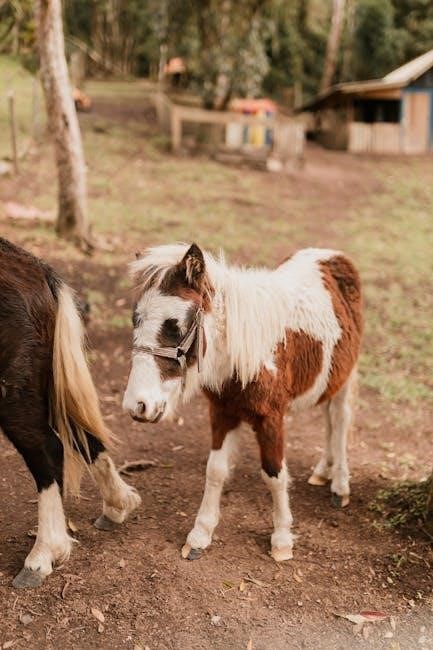
Animal Farm starkly portrays the emergence and entrenchment of social inequality within a society initially founded on principles of equality․ Despite the animals’ initial aspirations for a classless society, the pigs gradually exploit their superior intelligence to gain control and privilege․ This leads to a hierarchical structure where the pigs enjoy luxurious lifestyles while the other animals toil tirelessly, receiving meager rations and limited benefits․
The pigs justify this inequality through propaganda, claiming that their leadership is essential for the farm’s success and that they require special treatment to effectively manage affairs․ They manipulate the other animals’ ignorance and loyalty to maintain their dominance, exploiting their labor and resources for their own gain․ The famous maxim, “All animals are equal, but some animals are more equal than others,” encapsulates the complete corruption of the revolution’s ideals․ Animal Farm serves as a cautionary tale about the dangers of unchecked power and the ease with which social inequality can arise, even in societies striving for equality․
The Downfall of Utopia
The initial vision of Animal Farm as a utopian society, free from human oppression and based on equality and shared prosperity, tragically crumbles under the weight of corruption and the pigs’ insatiable thirst for power․ The animals’ idealistic dreams of a better future are slowly eroded as the pigs, led by Napoleon, seize control and establish a totalitarian regime․ The principles of Animalism are twisted and manipulated to justify the pigs’ actions, and dissent is brutally suppressed․
The farm’s resources are diverted to the pigs’ personal enrichment, while the other animals face increasing hardship and exploitation․ The pigs’ gradual adoption of human behaviors, such as walking on two legs and engaging in trade with neighboring farms, symbolizes the complete betrayal of the revolution’s original goals․ In the end, Animal Farm becomes indistinguishable from the oppressive Manor Farm it had overthrown, highlighting the cyclical nature of power and the fragility of utopian ideals when confronted with human ambition and greed․ The downfall serves as a somber reminder․
